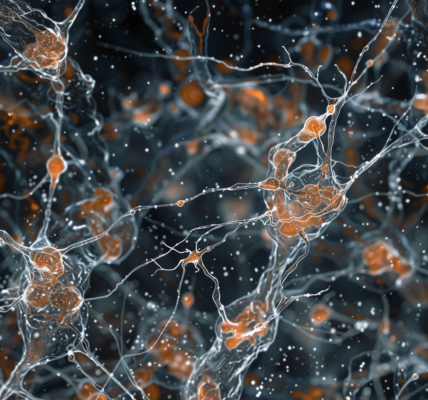Recent research has unveiled fascinating insights into the evolutionary adaptations of early humans, particularly concerning their ability to digest starch. Two groundbreaking studies highlight how our ancient ancestors developed a remarkable diversity of amylase genes, which play a crucial role in breaking down starch, a primary component of many modern diets.
Amylase, an enzyme found in saliva, initiates the digestion of starch as soon as food enters the mouth. This process is vital for human evolution, especially as our ancestors faced changing food supplies. The studies suggest that the increase in amylase genes occurred in two significant waves: the first several hundred thousand years ago, likely in response to the discovery of fire and cooking, and the second wave following the agricultural revolution approximately 12,000 years ago.
Dr. Omer Gokcumen, a geneticist at the University at Buffalo and the lead researcher of one of these studies, emphasizes the importance of this adaptation. He notes, “This combination of adapting to diverse environments and modifying our diets is a core tenet of what makes us human.” As various ancient societies developed unique diets, they evolved different numbers of amylase genes, indicating a direct relationship between diet and genetic adaptation.
Interestingly, Dr. Gokcumen speculates that individuals today with fewer amylase genes might be more susceptible to health issues like diabetes, particularly in the context of a starch-heavy modern diet. This connection raises intriguing possibilities for future medical advancements. The research could pave the way for amylase-based treatments aimed at addressing diet-related diseases.
The journey to understanding the genetic history of amylase began in the 1960s when scientists first identified that certain individuals produced higher levels of this enzyme in their saliva. However, it wasn’t until recent advancements in DNA sequencing technology that researchers could accurately analyze the genetic variations associated with amylase production.
These findings not only shed light on the dietary habits of our ancestors but also underscore the significance of genetic diversity in human evolution. As our understanding of human genetics expands, it opens new avenues for exploring how our evolutionary past continues to influence our health and dietary needs today.
With the potential implications for public health and nutrition, these studies serve as a reminder of the intricate relationship between our evolutionary history and contemporary health challenges. As researchers continue to explore the links between genetics and diet, we may uncover even more about how our ancestors adapted to their environments and how those adaptations affect us now.
The ongoing research into amylase genes not only enriches our understanding of human evolution but also highlights the importance of considering genetic factors in modern dietary practices. As we continue to navigate the complexities of nutrition and health, the legacy of our ancestors remains a crucial part of the conversation.





